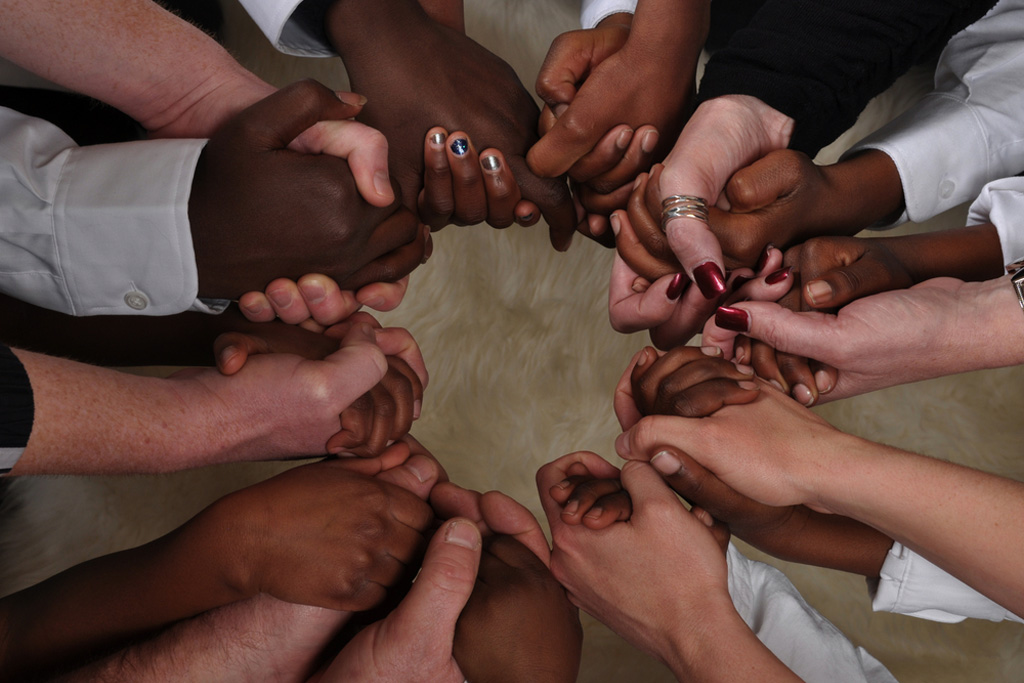Inside Addictive Relationships
Codependency has come a long way since the days when it was used only to describe the families or significant others of people who were chemically dependent. We now know that other groups, such as Adult Children of Alcoholics; people involved in relationships with emotionally or mentally disturbed people; and even members of the helping professions often behave in ways similar to these “codependents”. Gradually, the term has expanded to cover many more people-too many people, according to some counseling professionals.
So what is codependency and who really has it? Here are many definitions, but basically, codependents are people who let the feelings and actions of another person affect them to the point that they lose control of their own lives.
Codependency affects people in a variety of ways, but common characteristics include:
- Excessive care-taking. Codependents feel responsible for others’ actions, feelings, choices and emotional well-being. They try to anticipate loved one’s needs and often wonder why others don’t do the same for them.
- Low self-esteem. Codependents are people who need to be needed. They only feel important and valuable when they’re helping others, and blame themselves for anything that goes wrong.
- Denial. Codependents typically ignore, minimize or rationalize problems in the relationship, believing “things will get better when” They stay busy to avoid thinking about their feelings.
- Fear of anger Codependents are afraid of both their own and their loved one’s anger, because they fear it will destroy the relationship.
- Health Problems. The stress of codependency can lead to headaches, ulcers, asthma and high blood pressure.
- Addictive behavior. Codependents may themselves develop addictions in an attempt to deal with their pain and frustration.
In her book, Codependent No More, author Melody Beattie describes codependents as hostile, controlling, manipulative and crazy and they are. They are hostile because they feel chronically hurt; they try to control others in a misguided attempt to regain control of themselves; they use manipulation because they believer it’s the only way to get things done; and they are crazy as a result of living this way. Fortunately, codependency can be overcome, but it takes a strong desire to change and usually requires some kind of therapy as well.
Working It Out
CODEPENDENTS IN THERAPY
The hardest part of therapy for codependents is getting into it! Denial plays as big a role in codependency as it does in substance abuse. Since codependents are focused on the other person’s behavior, it’s easy for them to believe that their problems will be resolved when the other person changes.
While it’s true that another person’s behavior can influence use, codependents have problems of their own. Letting someone else’s behavior affect you to the point that it interferes with your life is the codependent’s – not the other person’s – problem. Learning to let go of the myth that you can control another’s behavior (detach, as Al-Anon puts it) is a big step toward recovery.
Building self-esteem is essential for recovering codependents. A good therapist can help you define your own identity and boost your self-worth so that you don’t need another person to create or validate you as a person. Obsession with someone else’s life becomes less appealing when your own is full and rewarding. Additionally, people who feel good about themselves are much less likely to start or stay in relationships that are abusive or otherwise unhealthy.
Therapy can also help codependents deal with other problems such as suppressed anger and the depression it often causes. It can reassure you that you’re not “crazy”, even if things around you are!
Whether you are resolving issues from past relationships or working through problems in a current one, therapy can help you learn healthier patterns of relating to yourself and others.
Your Career
CODEPENDENCY IN THE WORKPLACE
Jane’s boss really loves her. She is the employee who never says “no” even when she can’t possibly handle another assignment on top of what she already has. She works harder than anyone else, volunteers for (or at least accepts) the jobs that no one else wants, and assumes responsibility for everything that happens.
Jane is more than a hard worker; she is codependent. To managers, she may sound great, and she is – until she burns out. Chances are, it will happen faster to her than to others, and will leave the boss wondering who will take care of everything now that she’s fallen apart. For Jane, the picture is worse – headaches, insomnia, stomachaches and even ulcers are common ailments of codependent employees.
Characteristics of codependency in the workplace include:
- Feeling overwhelmed by your job, yet unable to say no to more work
- Being overly loyal to bosses and co-workers, even if it’s undeserved
- Feeling responsible for everything that goes wrong at work
- Avoiding promotion for fear of failure/feeling safe at your current level
It’s easy to exploit a codependent employee, or to be exploited if you are codependent. However, no one benefits from this type of working relationship in the end. Your local mental health professional can help if you suspect that you or one of your employees is affected by codependency at work.
Casting Call
THE ROLES CODEPENDENTS PLAY
In relationships, codependents assume a variety of roles that protect their illusions and keep them in a relationship:
- The Rescuer covers for an addicted partner by making excuses for work absences or “saves” a loved one from his overbearing mother by meddling in their relationship.
- The Caretaker assumes home, social or even all of the relationship responsibilities in an effort to minimize trouble and relieve tension caused by the partner’s negligence or indifference.
- The Joiner rationalizes or even participates in addictive behaviors, signaling to the partner that the behavior is sometimes acceptable.
- The Hero exerts “superhuman” efforts to be successful- an attempt to protect the couple’s or family’s image by drawing attention away from the problems.
- The Complainer blames all of the relationship or family problems on the partner’s behavior, without hope of or effort toward changing the situation.
- The Adjuster masks concern and confusion with apathy, hoping that if they don’t talk about the problem, it will go away.
These roles help unhealthy relationships continue. When you assume one of them, you give the other person control and render yourself powerless to change the situation. Roles can be difficult to give up, however, because they keep you from seeing the reality of the situation and acknowledging that your own needs aren’t being met.
For Parents
CODEPENDENT KIDS
Patterns of codependency are often learned very early. Since children are already physically and emotionally dependent on their parents, they are especially vulnerable to codependency.
Codependent children may…
- Overachieve, trying to be the best at everything to give a troubled family something to be proud of.
- Entertain, to relieve tension at home by clowning and never take anything seriously.
- Withdraw, to escape from family problems by spending a lot of time alone or with friends.
- Rebel, acting out anger and causing trouble to draw attention away from their parents’ or family’s problems.
Getting help for a codependent child or adolescent can keep destructive patterns from being perpetuated in adult relationships.
Sex Differences
WHY MORE WOMEN?
Women are over represented in the population defined as “codependent”. The explanation, according to many experts in the field , is that the traditional female role model “trains” women to be codependent. Historically, our culture has rewarded women for being care taking and self-sacrificing, qualities which in excess become codependent traits.
A career alone is not the answer; codependent women can just transfer their codependent tendencies to the office, or become “superwoman” in an attempt to take care of everyone everywhere. Whether at home or at work, balancing roles and respecting your own needs are key issues for those struggling with codependency.




